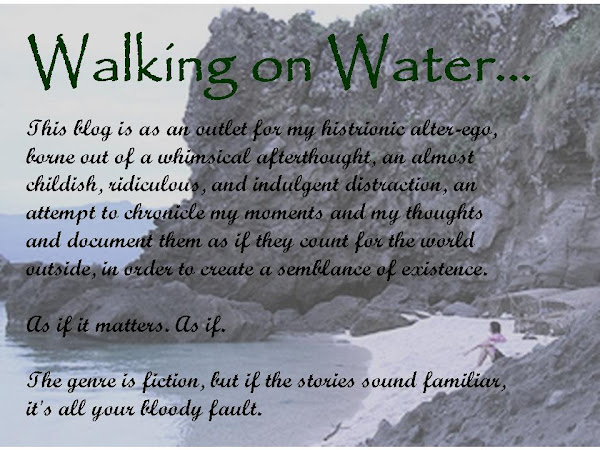Lately, I’ve been dreaming of J.
Not in any romantic way. Not in the cinematic way, either. There’s no music, no slow motion, no lingering glances. Just fragments. A conversation over coffee or a few beers. A sentence unfinished. His quiet laugh, still familiar. His silence, still poignant and deliberate.
He was always the restless one. The wanderer. The one with plans that moved faster than his feet. Even back then, over shared conversations and stolen hours, I knew he wouldn’t stay still. He was inertia unbound. I was learning how to anchor myself.
He once told me, “You run towards stillness. I run away from it.” And we laughed, because it was true, and also because it hurt a little.
Now he’s 52, still single, still wandering. I have a husband, children, clinic hours, school pickups, echo backlogs. I have roots that go deep and loud mornings full of chaos and love. I am the still one. And I chose this life deliberately.
But the dreams have returned, like the storms I have always compared him to.
And I realized that maybe it’s not about J, not really. Maybe it is about that version of me that used to sit across from him. The girl who craved connection like oxygen. Who offered her words like currency. Who feared silence more than exhaustion.
Maybe J was the last echo of that girl. Or maybe he was the part of me that never needed a home.
J is a brilliant writer, even if he does not realize it. We wrote letters for almost two years before we met face to face. Maybe that’s why the conversations stayed with me. Maybe that’s why I miss them. Two minds throwing language back and forth like fire and rain. There was something sacred in that rhythm. Something not easily found again.
He was also the one who made me unafraid to travel alone. To wander, not for applause or validation, but simply for the sake of wandering. To explore without a map. To get lost on purpose. Before him, I didn’t know that kind of freedom could exist quietly, without needing to be posted, praised, or proved.
I don’t know why he’s visiting again. But when I wake, I find myself strangely grateful. For what was. For what never became. And for the path that led me here: to stillness, to chaotic mornings, to now.
To J who might be reading this: I may have taken a different path, but deep inside, I still carry a flicker of restlessness. Deep inside, I still crave those beautiful, deep conversations we used to have. And the music. The Beatles. And the sitting still, sipping our beers, saying absolutely nothing. Let's do that again, soon, so these dreams will also run towards stillness the way I did.

